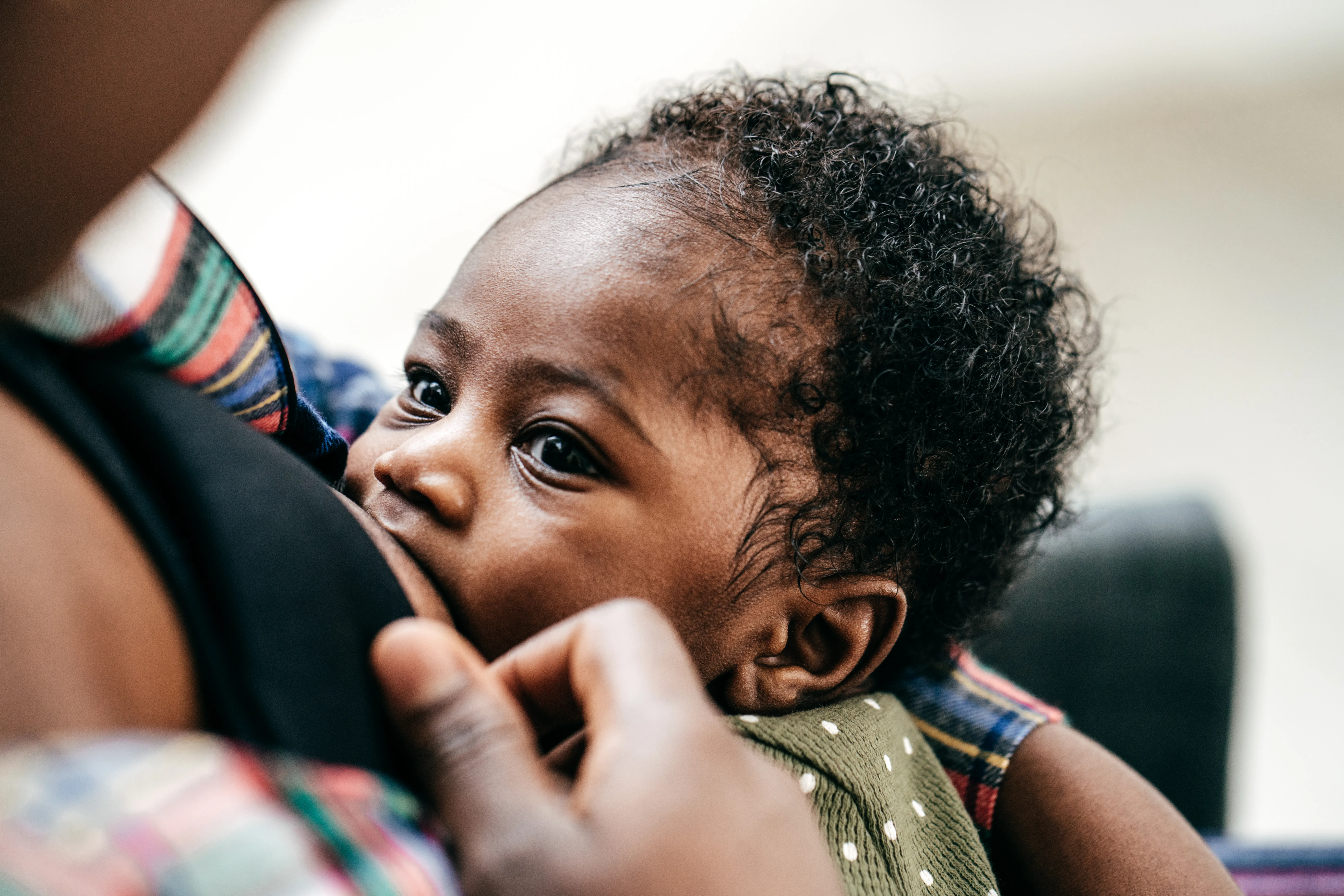Big Data and Breastfeeding: Closing the Evidence Gap for Improved Health
Monday, 5 August 2024, 14:55

Introduction to Breastfeeding and Big Data
This World Breastfeeding Week, the IAEA is emphasizing the importance of collecting data related to breastfeeding practices.
The IAEA's Unique Initiative
- Database on Human Milk Intake: A specialized database designed to provide insights into breastfeeding.
- Utilizing Nuclear Techniques: These techniques measure breast milk intake with high accuracy.
Global Participation Needed
- Call for Input: The IAEA is urging more countries to contribute data.
- Enhanced Health Outcomes: The collaboration aims at better health results for infants worldwide.
Conclusion
The integration of big data in breastfeeding research is a vital step towards improving health outcomes for infants. By encouraging global participation, the IAEA aims to bridge the evidence gap and foster better-informed health practices.
This article was prepared using information from open sources in accordance with the principles of Ethical Policy. The editorial team is not responsible for absolute accuracy, as it relies on data from the sources referenced.